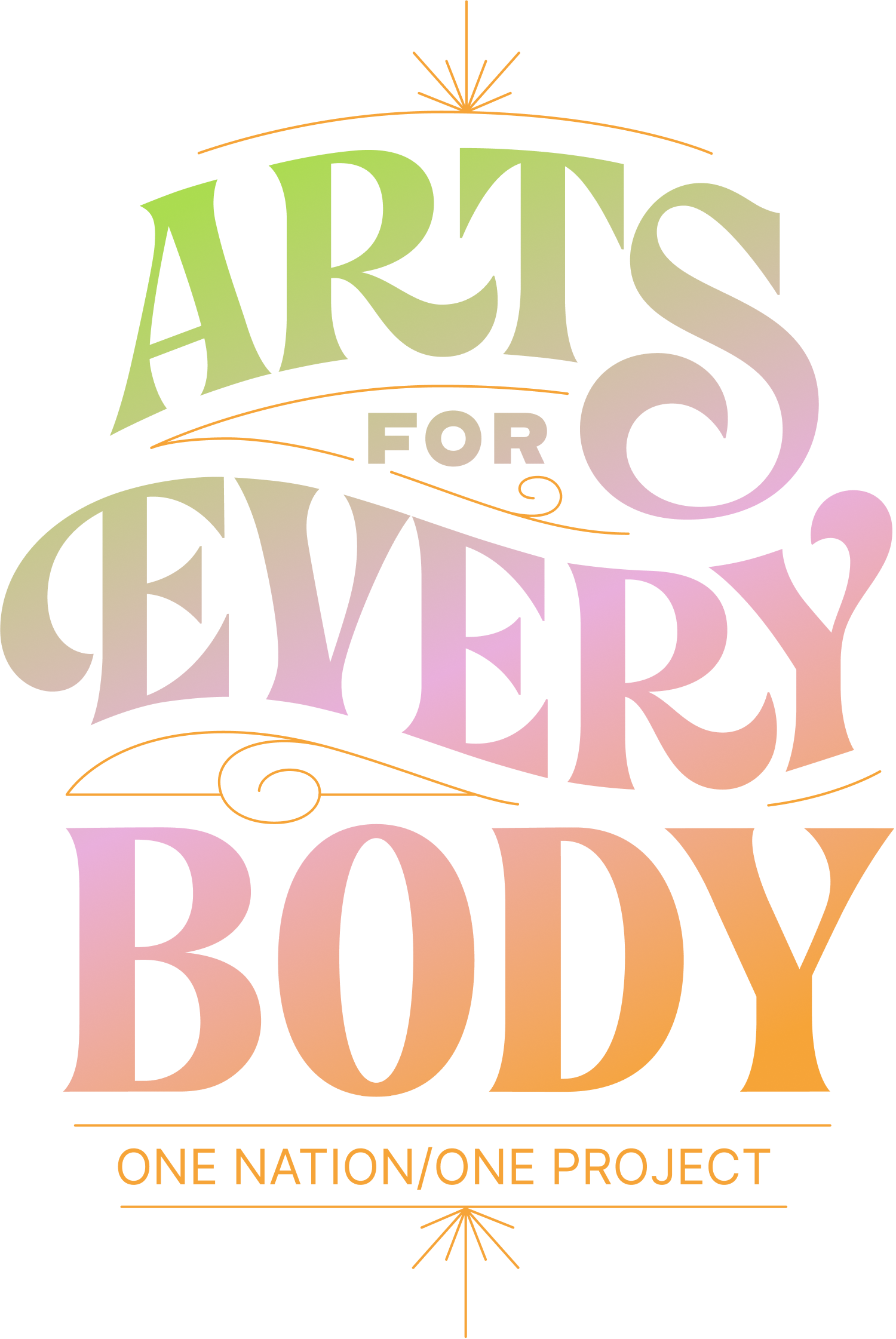'It's about the process': Art therapy provides creative outlet as mental health care
Art therapy provides a powerful, process-focused approach to mental health care, helping individuals express and heal through creative activities like painting, poetry, and music.
In an article from The Daily Tar Heel, Anna Hicken, a hospice employee and registered art therapist, shares how art therapy serves as a powerful tool for addressing trauma, particularly grief and loss. Art therapy allows individuals to express themselves through various forms such as painting, poetry, dancing, and acting, helping them to slow down and connect with their senses, which is soothing to the nervous system. Hicken emphasizes that the process of creation, not the final product, is what truly matters in art therapy.
Eva Miller, co-founder of Triangle Art Therapy, echoes this sentiment, noting that art therapy is distinct from traditional art classes because it focuses on the therapeutic process rather than the aesthetic quality of the artwork. Art therapy can benefit people of all ages in various settings, including prisons, schools, and hospitals. It is particularly useful for those who struggle to express themselves verbally.
Additionally, music therapy offers similar benefits. Hailey McCulloch, a board-certified music therapist, uses music to help clients achieve clinical goals such as improving emotional regulation and communication skills. Through techniques like songwriting and singing, music therapy provides an alternative avenue for emotional expression and healing.
At ArtsForEveryBody.org, we believe in the transformative power of the arts to foster mental well-being and personal growth. Our mission aligns with the principles highlighted in the article by promoting accessibility to creative therapeutic practices for everyone. By incorporating art and music into mental health care, we can offer holistic and inclusive approaches to healing.
For a deeper understanding of how art therapy is changing lives, read the full article here on The Daily Tar Heel.

